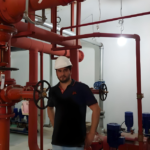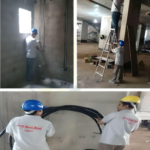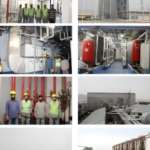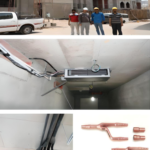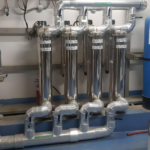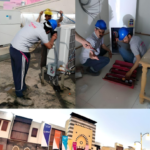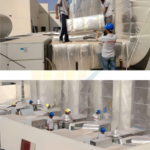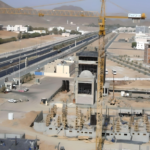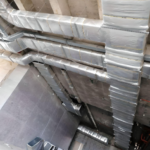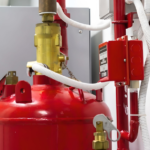Power – Energy to Drive the World
Power, in the context of energy and electricity, refers to the rate at which energy is generated, transmitted, or consumed. It is a crucial aspect of modern life, driving industries, technology, and everyday activities. Electrical power is the backbone of our modern society, providing the energy needed to power homes, businesses, infrastructure, and various electronic devices.
Key Concepts in Power:
- Electric Power (P): Electric power is the amount of electrical energy transferred or converted per unit time. It is measured in watts (W) or kilowatts (kW). One watt is equal to one joule of energy per second.
- Power Generation: Power plants, such as thermal, hydroelectric, nuclear, solar, and wind power plants, generate electricity by converting various energy sources into electrical energy.
- Power Transmission: Once generated, electricity is transmitted through high-voltage power lines to substations and distribution networks for further distribution to homes and businesses.
- Power Distribution: Local distribution networks deliver electricity to consumers, ensuring a stable and reliable power supply.
- Consumption: Consumers, including residential, commercial, and industrial users, utilize electrical power for lighting, heating, cooling, appliances, machinery, and more.
- Load Management: Utility companies manage power demand to balance the electrical grid, ensuring supply meets consumer demand without overloading the system.
Renewable Energy and Sustainability:
In recent years, there has been an increasing focus on renewable energy sources such as solar, wind, hydro, and geothermal power. These sources are considered more sustainable and environmentally friendly compared to traditional fossil fuels like coal and oil, which contribute to greenhouse gas emissions and climate change.
Efficiency and Conservation:
Efficient use of power and energy conservation are critical to reducing overall energy consumption and minimizing environmental impact. Energy-efficient appliances, LED lighting, smart energy management systems, and building design improvements all contribute to sustainable power consumption.
At HCC, we recognize the importance of responsible power management. Through our innovative solutions and commitment to sustainability, we strive to contribute to a more efficient and greener future. Contact us today to learn more about our efforts and how we can assist with your power needs.


